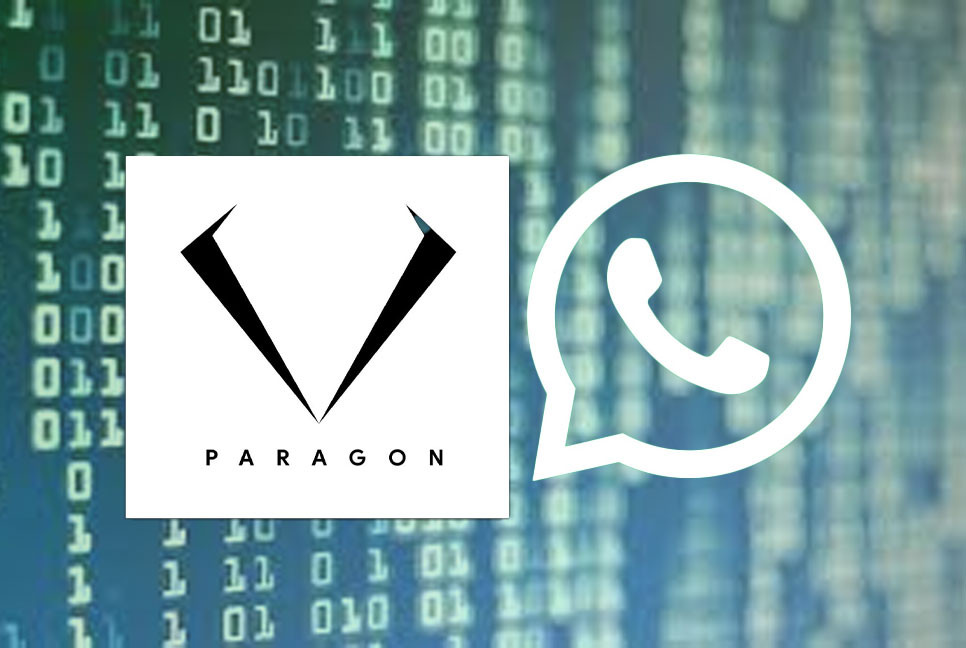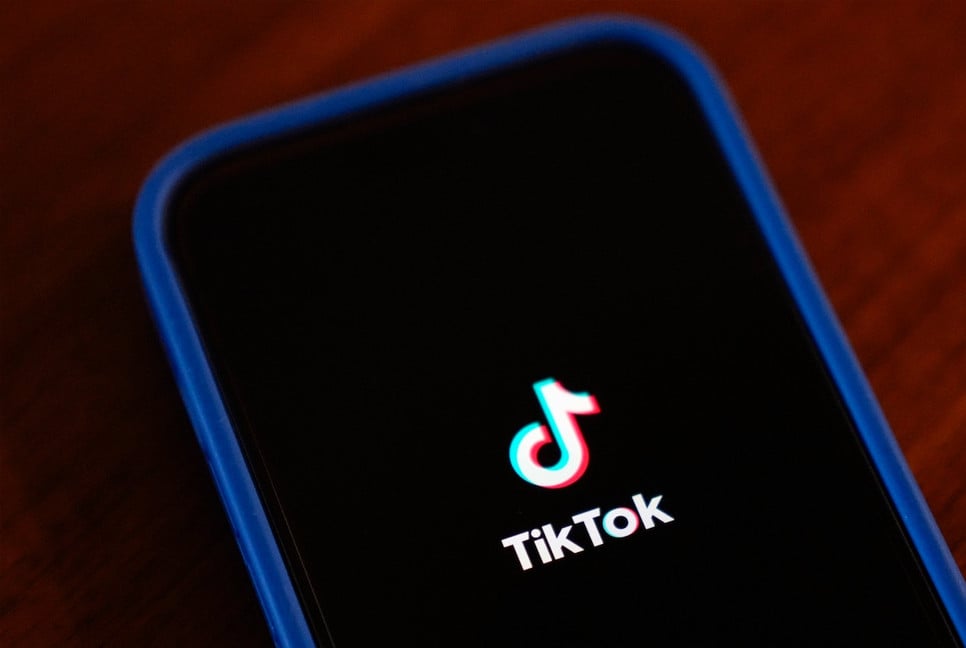Meta Platforms’ popular messaging service WhatsApp revealed on Friday that Israeli spyware company Paragon Solutions had targeted numerous users, including journalists and civil society members, across at least two dozen countries, reports Reuters.
WhatsApMeta's WhatsApp Claims Israeli Spyware Company Paragon Targeted Users in Two Dozen Countriesp officials stated that they had sent a cease-and-desist letter to Paragon following the attack and reaffirmed their commitment to protecting users' privacy. The company emphasized its ongoing efforts to safeguard private communication on the platform. Paragon, however, declined to comment on the allegations.
According to the WhatsApp representative, the platform detected a hacking attempt aimed at around 90 users. While the specific identities of the targets were not disclosed, the official confirmed that the individuals affected were based in various countries, including several in Europe. The hack employed a zero-click method, in which malicious documents were sent to users without any interaction needed on their part to activate the spyware. This approach is particularly insidious as it remains hidden from the target and requires no user action.
WhatsApp has since neutralized the hacking attempt and is working with Canadian internet watchdog Citizen Lab to further investigate. However, the company declined to elaborate on how it identified Paragon as the perpetrator. Law enforcement agencies and industry partners have been alerted, though further details were not shared. The FBI has not yet responded to requests for comment.
Citizen Lab’s John Scott-Railton remarked that this discovery of Paragon spyware targeting WhatsApp users highlights the growing issue of mercenary spyware. "As the spyware industry continues to expand, we are witnessing increasingly concerning patterns of misuse," he noted.
Paragon Solutions, a firm that markets its surveillance tools to government clients, is part of an industry that sells high-end software claimed to be useful for combating crime and ensuring national security. However, these tools have often been found in the devices of journalists, activists, opposition politicians, and even over 50 U.S. officials, fueling concerns about the unchecked spread of surveillance technology.
Although Paragon has tried to position itself as a responsible player in the industry, its recent involvement in this hack has raised questions about its ethical practices. The company’s website promotes "ethically based tools," and media reports suggest that Paragon only sells its software to stable, democratic governments.
However, experts like Natalia Krapiva, senior tech-legal counsel at Access Now, argue that this breach indicates a deeper issue within the commercial spyware industry. "This isn't just about a few bad actors," Krapiva said. "Such abuses are inherent to the industry itself."
Paragon was reportedly acquired by Florida-based AE Industrial Partners in December 2024, but AE has yet to comment on the situation.
Bd-pratidin English/ Jisan


































































